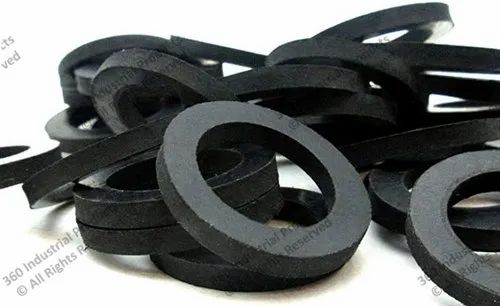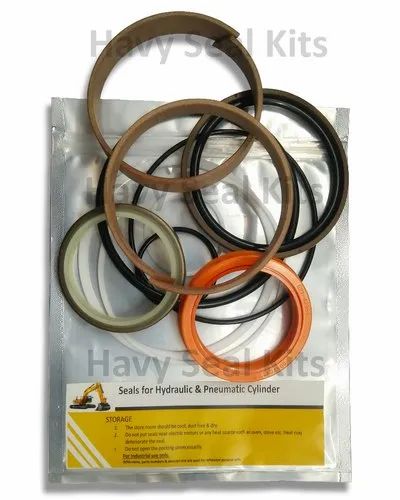WhatsApp us: +91 9225588744
|
customercare@autogorilla.com
-
All Categories
-
Oils, Grease & Lubricants
-
Piston & Crankshaft Assemblies
-
Automotive Repair Tools & Equipments
-
Air Intakes, Exhaust Systems & Parts
-
Tyre, Tube & Flaps
-
Automobile Interiors & Accessories
-
Automotive Lights and Lighting Parts
-
Engine & Engine Spare Parts
-
Automobile Fittings & Components
-
Brakes & Braking Systems
-
Suspension System & Components
-
All Categories
-
- Brakes & Braking Systems
- Automotive Repair Tools & Equipments
-
Automobile Fittings & Components
-
Tyre, Tube & Flaps
-
 View All
View All











